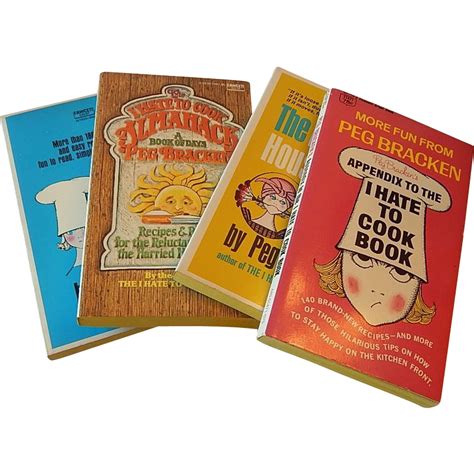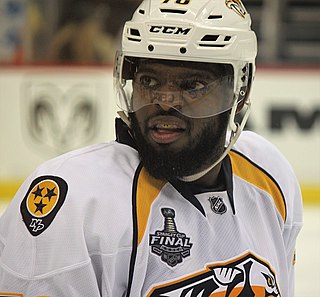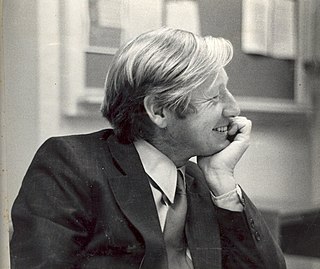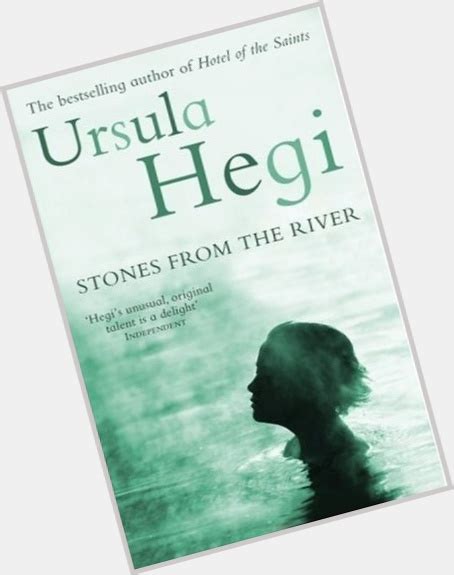A Quote by Bill Drayton
We are all very deeply the children of our parents and their parents. Far more than we generally realize.
Related Quotes
As many conventionally unhappy parents did in the 1950s, my parents stayed together for the sake of the children—they divorced after my youngest brother left home for college. I only wish they had known that modeling their dysfunctional relationship was far more damaging to their children than their separation would have been.
Parents who are cowed by temper tantrums and screaming defiance are only inviting more of the same. Young children become more cooperative with parents who confidently assert the reasons for their demands and enforce reasonable rules. Even if there are a few rough spots, relationships between parents and young children run more smoothly when the parent, rather than the child, is in control.
When parents see their children's problems as opportunities to build the relationship instead of as negative, burdensome irritations, it totally changes the nature of parent-child interaction. Parents become more willing, even excited, about deeply understanding and helping their children. . . . This paradigm is powerful in business as well.
You must learn to look at people who are angry with you straight in the eye without getting angry back. When children see their parents treating them this way, they then recognize the parents' authority. It speaks louder than words. Their new respect for the parents is as good for them as it is for the parents. It never works to demand respect of children. It must be given willingly as a result of strength of good character in the parents, which is manifested by their non-reaction to stress in the children.
Modern children were considerably less innocent than parents and the larger society supposed, and postmodern children are less competent than their parents and the society as a whole would like to believe. . . . The perception of childhood competence has shifted much of the responsibility for child protection and security from parents and society to children themselves.
I've always assumed that my parents and my in-laws would live with me when I get older and have children. I just assume it will happen and that it's the right way to do things. It's a deeply Indian custom - that you kind of inherit your parents and your spouse's parents and you take care of them eventually.



































